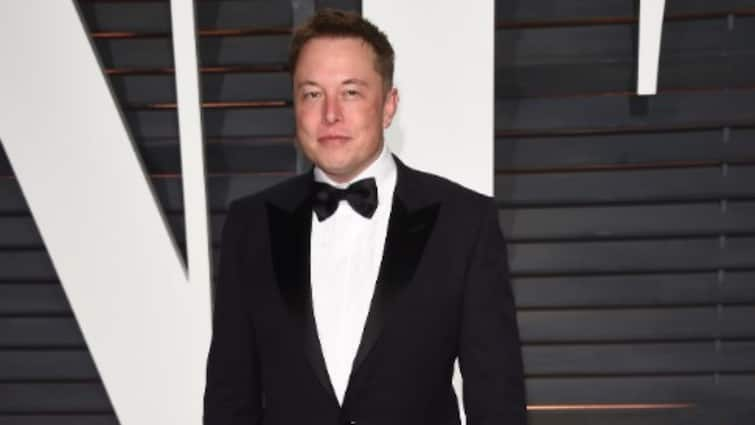Elon Musk, the billionaire who famously takes no salary, is set for what could be the biggest corporate payday in history. Tesla shareholders have approved his mammoth $1 trillion compensation plan, a move designed to retain the visionary CEO and push the company to new heights.
The vote saw more than 75 per cent of shareholders in favour, marking a decisive moment in Tesla’s corporate journey.
While the number has turned heads worldwide, Musk’s payday comes with a series of ambitious targets that could take years to fulfil. If achieved, the package could make him the world’s first trillionaire, reported The Financial Express.
What Does Musk’s Pay Depend On?
The approved package is structured as an enormous stock grant that hinges on Tesla’s future performance. To unlock the entire $1 trillion, Tesla’s market capitalisation must soar from roughly $1.5 trillion to $8.5 trillion.
The shares will be released in 12 equal tranches, each linked to operational and financial milestones that must be met within the next decade.
If all conditions are met, the payout would average an astonishing $275 million per day, a figure that has stunned both Wall Street and Silicon Valley. Yet, Musk’s reward is anything but guaranteed.
Tesla would have to achieve an almost 460 per cent increase in stock value from current levels. Such a leap would make Tesla nearly 70 per cent more valuable than Nvidia, which recently hit a $5 trillion market cap.
What Musk Must Deliver
To claim the full value of the compensation plan, Musk faces a list of five key objectives. These include deploying one million robotaxis, selling 12 million additional vehicles, securing 10 million Full Self-Driving (FSD) subscriptions, and producing one million humanoid robots.
Each target represents a significant technological and logistical challenge, even for a company known for turning the improbable into reality. Should Musk succeed, the package would cement Tesla’s role as one of the most influential technology companies of the century.
Dissenting Voices Among Shareholders
Despite the strong approval, the proposal drew its share of criticism. Some major investors expressed concern over the scale of the payout and the precedent it could set for executive compensation.
Norges Bank Investment Management, which manages Norway’s sovereign wealth fund and is among Tesla’s biggest investors, voted against the deal. Institutional Shareholder Services (ISS), Glass Lewis, and the American Federation of Teachers also voiced opposition.
Critics argue that Musk’s existing influence and shareholding already give him more than enough incentive to stay committed to Tesla’s success. They worry that such an enormous payout might send the wrong signal about corporate governance and income disparity.
Musk’s Take on the Decision
Addressing shareholders in Austin, Texas, Musk described the vote as a turning point. “What we are about to embark upon is not merely a new chapter of the future of Tesla, but a whole new book,” he said, underscoring his belief in Tesla’s next phase of innovation. Known for his showmanship, Musk also hailed the energy and ambition of Tesla’s shareholder community.



